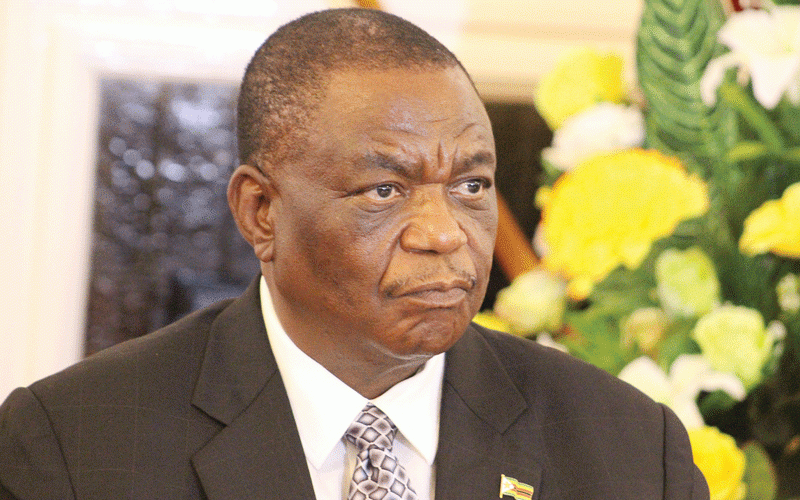
A UNITED KINGDOM and Wales-based company, Electricity Management Services Limited (EMS) has sued Vice-President Constantino Chiwenga after losing a tender to supply smart meters.
EMS is also challenging payment of US$50 000 security demanded by the respondents in order for them to hear the challenge.
The company cited the Procurement Regulatory Authority of Zimbabwe (Praz), Chiwenga, Zimbabwe Electricity Transmission and Distribution Company (ZETDC), Finance minister Mthuli Ncube and Inhemeter Co Limited as respondents.
According to court papers, the dispute emanated from a tender for the supply and delivery of prepayment vending meters to ZETDC.
EMS and lnhemeter Co submitted bids and the latter was successful.
EMS sought to challenge the bidding process and was advised that it should pay the sum of US$50 000 to lodge the challenge. EMS, however, argued that the requirement to pay security to challenge a bidding process was unconstitutional.
The company further argued that this was also an assault on the right to administrative justice and judicial review of administrative action. The company also sought a declaration of constitutional invalidity of some sections of the Public Procurement and Disposal of Public Assets Act.
The matter was heard by High Court judge Justice Sylvia Chirawu-Mugomba.
- Chamisa under fire over US$120K donation
- Mavhunga puts DeMbare into Chibuku quarterfinals
- Pension funds bet on Cabora Bassa oilfields
- Councils defy govt fire tender directive
Keep Reading
Mugomba first ruled that EMS has locus standi to challenge the constitutionality of laws of a foreign country.
The laws in Zimbabwe on security costs read that when a company or foreign company or a private business corporation is plaintiff or applicant in any legal proceedings, the court may at any stage require sufficient security to be given for those costs and may stay all proceedings till the security tendered.
However, applicant's lawyer advocate Tawanda Zhuwarara submitted that the procedure for security for costs is provided for under High Court rules. The company also submitted that Praz was holding its funds totaling US$610 319,47 and hence it was weird for security for costs to be paid.
“The court, however, has a discretion in exceptional cases, but should exercise its discretion sparingly,” the judge ruled.
“Given that the matter is fairly complex and is of great significance on the issue of a peregrini challenging the Zimbabwean laws on a constitutional point, in my view the applicant ought to pay security for costs.”
The judge said he deliberately dealt with the issue of locus standi “because an order as to payment of security for costs is interlocutory”.
“It gives the applicant an opportunity to pay the security for costs and then the other preliminary issues and the merits if warranted will be dealt with,” the judge said.
“Accordingly, the matter is disposed of as follows, judgment on the remaining preliminary issues and if warranted the merits in case number HC2389/22, be and is hereby stayed pending the payment of security for legal costs by the applicant.”
Mugomba further ruled that if the company failed to pay US$50 000 security for costs, the parties shall determine the amount to be paid by the applicant.









